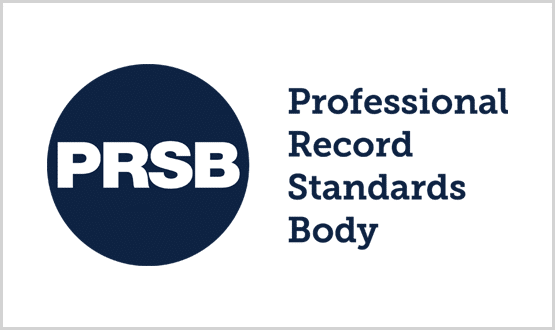Integrated care pioneers ‘struggling and facing IT issues’
- 16 May 2016

The government’s integrated care pioneers have made little progress and are struggling with IT and information governance issues, an official evaluation has shown.
The Integrated Care and Support Pioneer Programme was an initiative championed by Liberal Democrat care minister Norman Lamb during the last Parliament.
It was seen as leading the charge for the kind of ‘whole system’ working that policy makers hope will deliver significant efficiency savings.
Fourteen pioneers announced in November 2013 and 11 were added in a second wave announced in January 2015.
An evaluation by the Policy Innovation Research Unit at the London School of Hygiene and Tropical Medicine was conducted between spring 2014 and summer 2015; with a further round of study planned.
The report says that while they have taken different approaches, most have targeted older people with multiple long-term conditions in the hope of reducing hospital admissions.
As a result, most have adopted a combination of risk stratification (using population data to target individuals at high risk) case management (using a named individual to co-ordinate care for an individual), multi-disciplinary team working, rapid response services, and support for self-care including telehealth and telecare.
The evaluation says that staff involved in these projects are “strongly aware of the urgent system-wide need to design innovative and more cost-effective interventions.” But it says there is “considerable uncertainty” about whether they can be delivered.
It also argues “there are signs of a lowering of the level of ambition” in the projects, which have tended to become more focused on immediate cost-savings and less on finding new ways of working or on developing new funding mechanisms to pay for them.
On the IT front, the evaluation the pioneers recognised that information sharing would be an “essential building block” because it underpins risk management, team working, and effective cost tracking.
However, the PIRU researchers say that “in most cases, information technology and governance [have proved to be] barriers to progress.”
“While technical problems, such as incompatible IT systems, were identified as making information sharing difficult, these were not seen as insurmountable,” they add. “More problematic were issues of information governance, particularly in relation to accessing general practice data.
“Pioneers were working… to devise their own solutions to information governance restrictions, including shared agreements between organisations, acquiring the status of a ‘safe haven’ or sub-contracting to accredited providers.
“Some of the ‘work-arounds’ described seemed to be highly inefficient. Most of the pioneers wanted concerted, strategic leadership from national government – that went beyond the issuing of guidance – to solve the problems.”
Further problems faced by the projects included workforce development, the financial impact on hospitals of shifting care to other settings and the relentless cuts to adult social care budgets.
The pioneers also found themselves caught up in the endless rows over the Better Care Fund (a pot of money to fund integration projects that hospitals argued added to pressure on their finances but failed to guarantee cost savings), the re-organisation of services, and the launch of similar initiatives.
Overall, the PIRU evaluation concludes that, despite the faith put in integrated working as a source of significant cost savings, things seem to be getting more difficult for the pioneers as the health service’s financial situation deteriorates.
It says their work is starting to converge around a limited set of interventions focused on older people with substantial needs.
While this is consistent with a narrow intepretation of policy trends over the past few years, it says this indicates “the journey to integrated care is not getting easier.”




